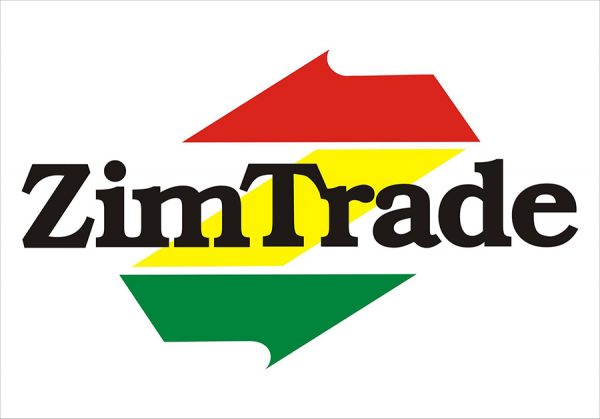Source: Lack of capacity hamstring local companies – NewsDay Zimbabwe October 23, 2019
BY MTHANDAZO NYONI
ZIMBABWE has good quality products that can compete internationally, but the challenge is that local businesses are not well capacitated to satisfy global demand, a new research has revealed.
In its latest research, ZimTrade, the national trade development and promotion organisation, noted that local companies were struggling to make inroads into the global market due to lack of capacity.
“Without doubt, Zimbabwe is home to some of the best quality products that are recognised around the world. Products such as Mazoe Orange Crush, Tanganda Tea and many others have carved a mark in the global export market,” ZimTrade said.
“From formal exporting channels to “suitcase” mode of exporting – where an individual carries a few items as they travel to bring family and friends, locally-produced products have been used around the world, with feedback that Zimbabwean products are competitive,” it said.
In regional countries such as Zambia and Botswana and further afield in England and the Unites States of America, a sizable number of buyers testified to having procured Zimbabwean products.
“The comment is always the same, Zimbabwean products are of good quality and can compete with products from any country.”
But researches done by ZimTrade have indicated that in most cases, local businesses were not well capacitated, leaving customers wondering what happened to the good Zimbabwean product they had gotten used to.
“Thus, it is important for local exporters to understand market requirements and make the necessary arrangements to ensure that they meet demand and have enough distribution reserve in order to increase brand visibility,” ZimTrade said.
“Before engaging with any market, it is important for local companies to understand leverage points for successful market penetration.”
Local businesses are weighed down by a plethora of challenges, chief among them obsolete machinery, shortage of foreign currency for retooling, lack of long-term funding and power cuts, among others.
As a result, manufacturing sector capacity utilisation is sitting at 48%, according to the Confederation of Zimbabwe Industries 2018 survey, and is projected to drop to about 30% this year due to negative macro-economic factors.
ZimTrade said there were opportunities for local businesses in countries such as United Arab Emirates (UAE), Botswana, Zambia, United Kingdom, Mozambique, Democratic Republic of Congo and Namibia among others. For instance, the consumption of fruits, vegetables and meat products in the UAE is growing which, therefore, presents opportunities for Zimbabwean products.
There is also a market for canned fruit and fruit-based products, cabbages, potatoes, citrus and leaf and stem vegetables. ZimTrade said Botswana presents a ready market for fast-moving consumer goods such as dairy products, confectionaries, condiments and cordials, while the Democratic Republic of Congo offers opportunities in the insurance industry which is still in the infancy stage.
“The information technology and banking are other service industries that local players can consider. Opportunities in the banking sector include automation technology and electronic banking facilities; investment and asset management; and accounting and tax consultancy,” ZimTrade said.
The Namibian economy offers opportunities for Zimbabwe to supply products and services in the mining, tourism, fishing, manufacturing and agriculture sectors.
“Zimbabwean firms can export services such as engineering, surveying, instrumentation, transport, plant maintenance, environmental management and artisanal services to the Namibian mining sector,” ZimTrade noted.
There are also opportunities in the tourism industry. ZimTrade said the exit of the United Kingdom from the European Union presents a huge opportunity for Zimbabwe to grow its trade relations with the UK.
Over the years, the United Kingdom has been one of the major source markets and export destinations for Zimbabwean products in the European Union.
“Local products with potential export growth in the UK largely consist in the organic food market with products such as dried fruits and vegetables, fresh fruits and vegetables, among others,” the export promotion body said.
“Organic products have a premium price of about 30% more than other products and could prove profitable to many local producers as this is also a more than billion-dollar business in the UK.”
The Zambian economy also offers opportunities in the mining sector for supplies and services.
Older Post
Grace’s world crumbles 
COMMENTS